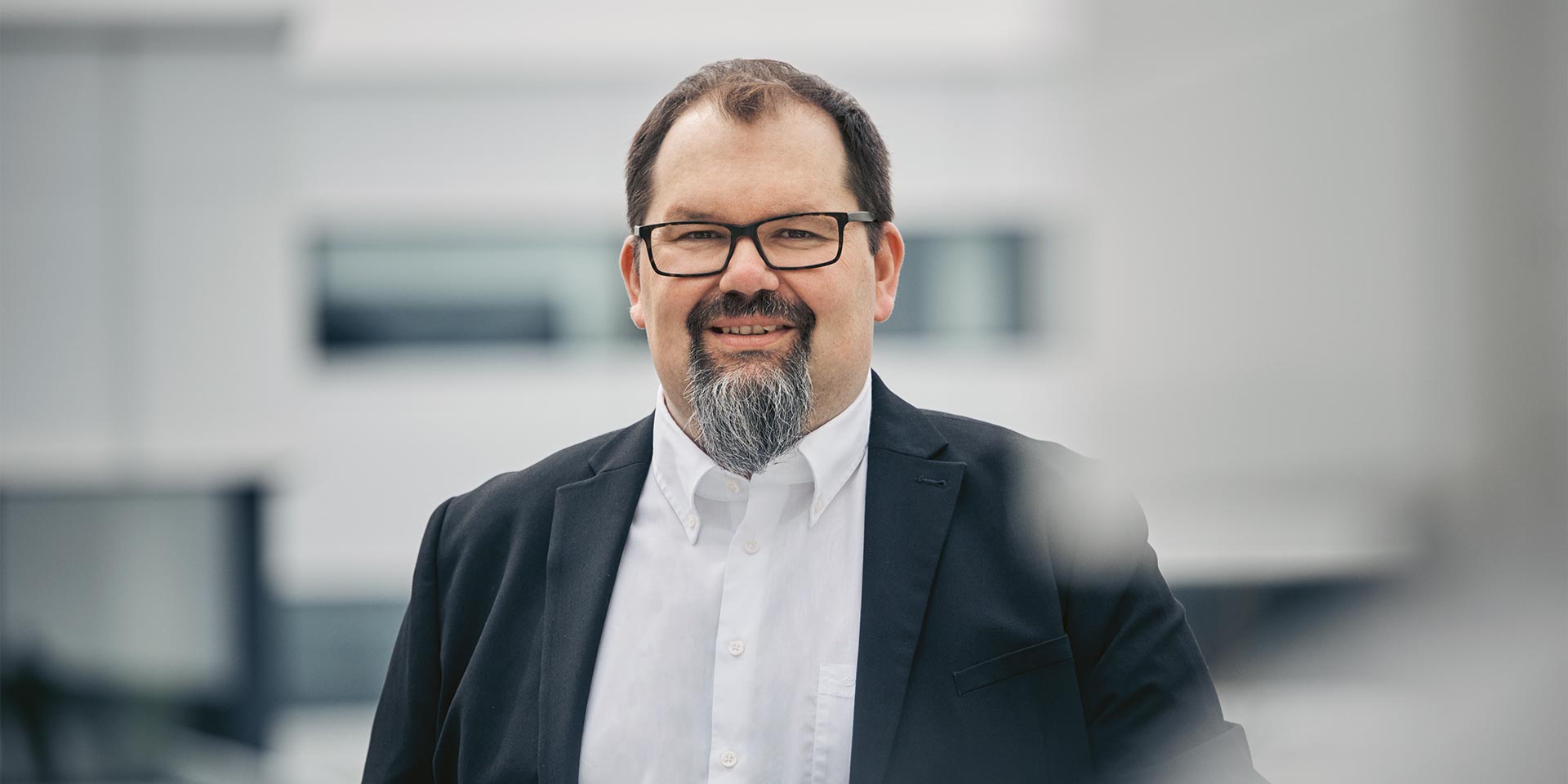Engine – Hydrogen: investing in the future of energy

The business of ignition and control systems, valves, and injectors for gas engines has regained its prior strength in the last two years and thanks to the hydrogen trend is now in pole position to put the fuel of the future on the road.
“With its rich experience in key components for gas engines, the Engine Business Unit is well placed to play a successful role in hydrogen mobility.”
In 2022, the Engine Business Unit recorded its most successful balance sheet since its foundation. It was a year of growth, in which the positive development from previous years continued, once again confirming the measures launched in 2019 for a sustainable business orientation.
Core business strengthens again
Sales of ignition and control systems, valves, and injectors for gas engines, which are mainly used in large-scale industrial or marine engines, again increased significantly compared with the previous year. After COVID-19-related sales losses in 2021, sales increased by 14 percent. In addition to internal realignment and increased customer centricity, the success drivers included innovative products and new partnership agreements. A milestone in this context was the development and production agreement between HOERBIGER and a well-known automobile manufacturer for the series delivery of H₂ injectors.
Furthermore, after field testing on a floating power plant in Ghana, the ePCC-DI electronic pre-chamber valve was successfully launched on the market. Thanks to direct injection, it improves efficiency and reduces CO₂ emissions even more than the predecessor ePCC series. Other product innovations worthy of mention include the EX4000 explosion suppression control system, which was developed in close collaboration between Altronic and the Safety Business Unit, and the NGI-5000 natural gas ignition system, which were also released to the market in 2022.
Cross-group collaboration
In addition to the successful collaboration with Safety, Engine was also able to exploit cross-organizational synergies with the Rotary Business Unit. As part of an important customer project involving the delivery of hydrogen injectors for a renowned truck manufacturer, HOERBIGER needed a quick solution due to shipping delays for the required specially treated seals. Clarification with colleagues from Rotary revealed that Deublin was able to manage the surface treatment in the required quality and to deliver the seals within a very short time.
In China, the Engine Business Unit changed its production site in Changzhou from the Compression Division to the Automotive Division due to its future development focus in the automotive sector. The intra-Group relocation allows the injector business to position itself closer to the market and better utilize potential synergy effects.
Into the future with hydrogen
With the BMW Hydrogen 7, introduced in 2004, HOERBIGER laid the foundation for the hydrogen-powered combustion engine, which today, some 20 years later, is becoming increasingly important as a potentially CO₂-neutral drive technology. While many OEMs and traditional suppliers of diesel engines are now jumping on the hydrogen bandwagon, HOERBIGER, as an innovation leader thanks to its many years of know-how, has a technological advantage in hydrogen that the company intends to further exploit in the future.
With a focus on innovation, especially in the Asian and European markets, the Engine Business Unit aims to multiply its sales by 2030 – through its solid core business with industrial engines, tight cost management and a successful entry into the mobility market. The ambition also includes strategic company acquisitions and the acquisition of new customers. The aim is to further consolidate our position in this market segment over the next five years and generate self-financed growth based on a comprehensive product portfolio. Successful USPs will enable new OEM partnerships and thus sustainable business.